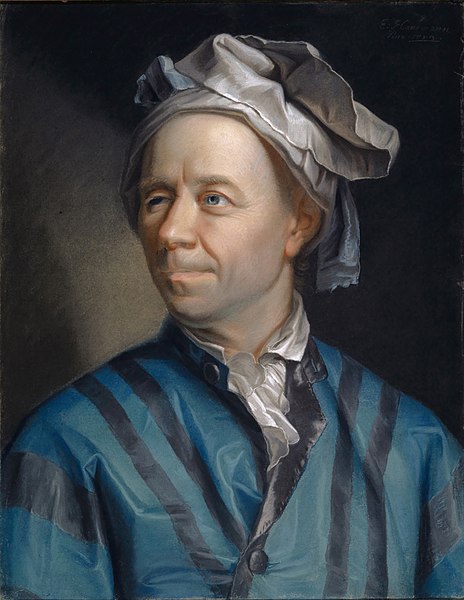In number theory, the law of quadratic reciprocity is a theorem about modular arithmetic that gives conditions for the solvability of quadratic equations modulo prime numbers. Due to its subtlety, it has many formulations, but the most standard statement is:
Gauss published the first and second proofs of the law of quadratic reciprocity on arts 125–146 and 262 of Disquisitiones Arithmeticae in 1801.
Part of Article 131 in the first edition (1801) of the Disquisitiones, listing the 8 cases of quadratic reciprocity
Number theory is a branch of pure mathematics devoted primarily to the study of the integers and arithmetic functions. German mathematician Carl Friedrich Gauss (1777–1855) said, "Mathematics is the queen of the sciences—and number theory is the queen of mathematics." Number theorists study prime numbers as well as the properties of mathematical objects constructed from integers, or defined as generalizations of the integers.
The distribution of prime numbers is a central point of study in number theory. This Ulam spiral serves to illustrate it, hinting, in particular, at the conditional independence between being prime and being a value of certain quadratic polynomials.
The Plimpton 322 tablet
Leonhard Euler
"Here was a problem, that I, a ten-year-old, could understand, and I knew from that moment that I would never let it go. I had to solve it." —Sir Andrew Wiles about his proof of Fermat's Last Theorem.






